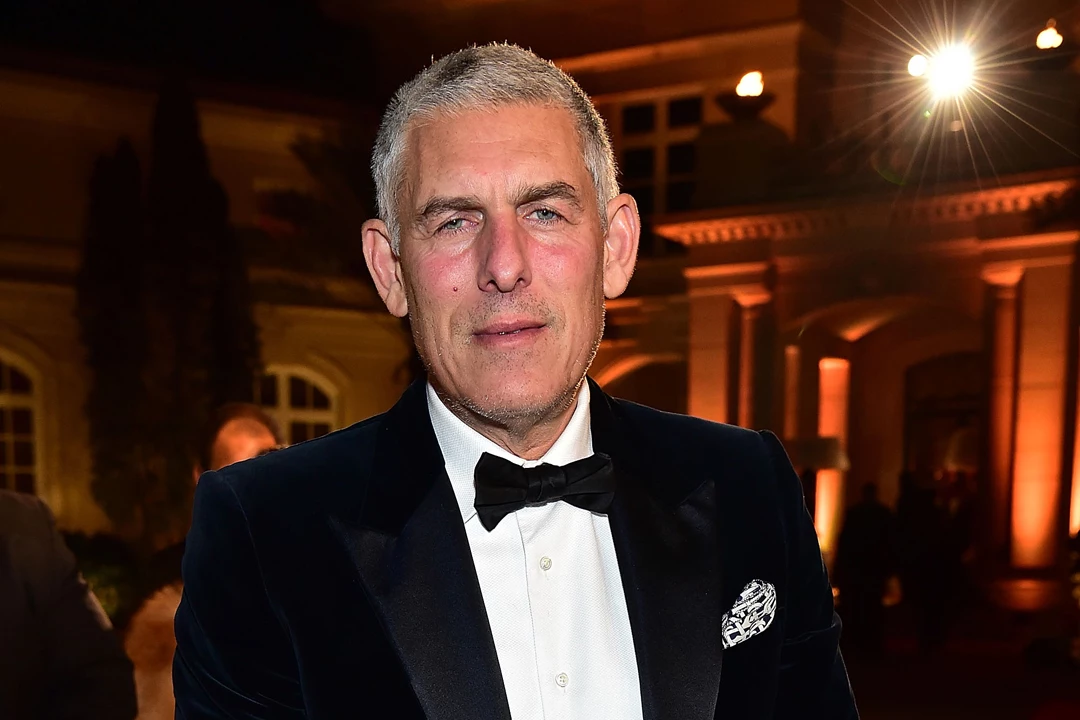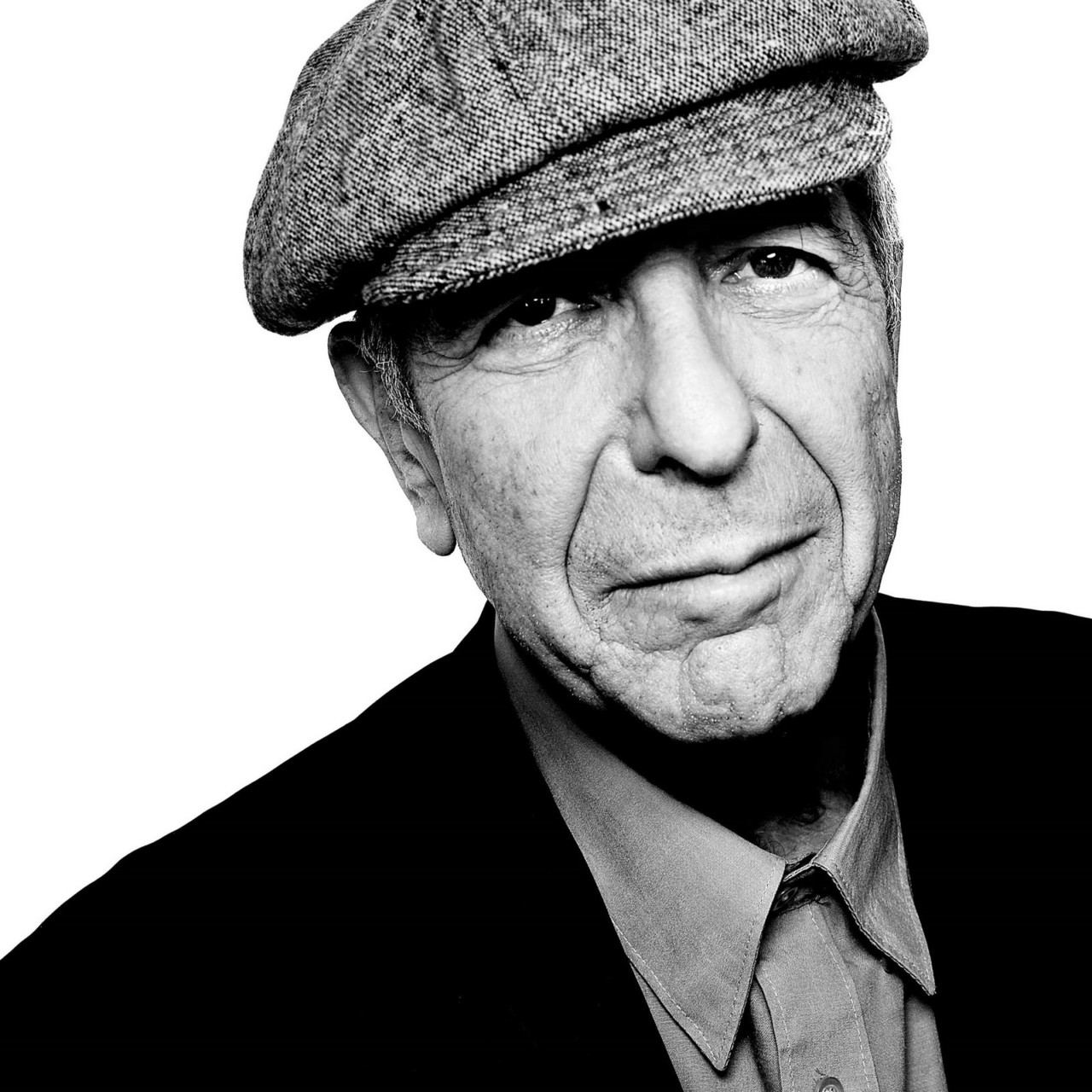

“They figured out that if you’re angry, or you’re free, or you hate, then you will keep scrolling longer.” “They kind of hack our biology,” Ressa said. The “clustering” algorithm on YouTube recommends content to the user that could lead to radicalization this is most evident in fringe far-right conspiracy theorists, according to Ressa. The “friends of friends” algorithm that Facebook uses, for example, creates networks that lead to polarization and can push someone further in either direction on the political spectrum. Different algorithms on different media platforms have varied impact. Throughout her lecture, Ressa discussed the real impact that social media can have on politics. Her work defending freedom of expression and democracy led to her receipt of the Nobel Peace Prize, along with Dmitry Muratov, who has fought similar freedom of expression battles in Russia. Within just 18 months, the news site became one of the most prominent sources of news in the Philippines under her leadership. In 2012, she co-founded Rappler, and currently serves as its CEO.

Ressa worked as a journalist for over 36 years, starting as CNN bureau chief in Manila and later opening and managing its Jakarta bureau. “At our worst moments, she would be waking up at two or three in the morning, your time, to join our live webinars.” “Nadia was one of Rappler’s first supporters,” Ressa said. Rubaii and Ressa were friends, and Ressa had promised she would come to campus one day. The prize is named after Nadia Rubaii, a former Binghamton professor of public administration and co-director of the Institute for Genocide and Mass Atrocity Prevention (I-GMAP) who died unexpectedly in 2022. The Filipino-American journalist and co-founder/CEO of Rappler, the largest online news publication in the Philippines, was on campus to receive the first-ever Nadia Rubaii Memorial Prize for her efforts in the fight against online disinformation. This was the warning that 2021 Nobel Peace Prize co-recipient Maria Ressa gave during her lecture on April 14 in the Anderson Center.

Be aware of the power you hold in the palm of your hands - the spread of disinformation and hate online can threaten the very basis of democracy and can be a catalyst for mass atrocity.


 0 kommentar(er)
0 kommentar(er)
